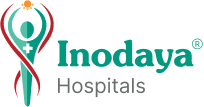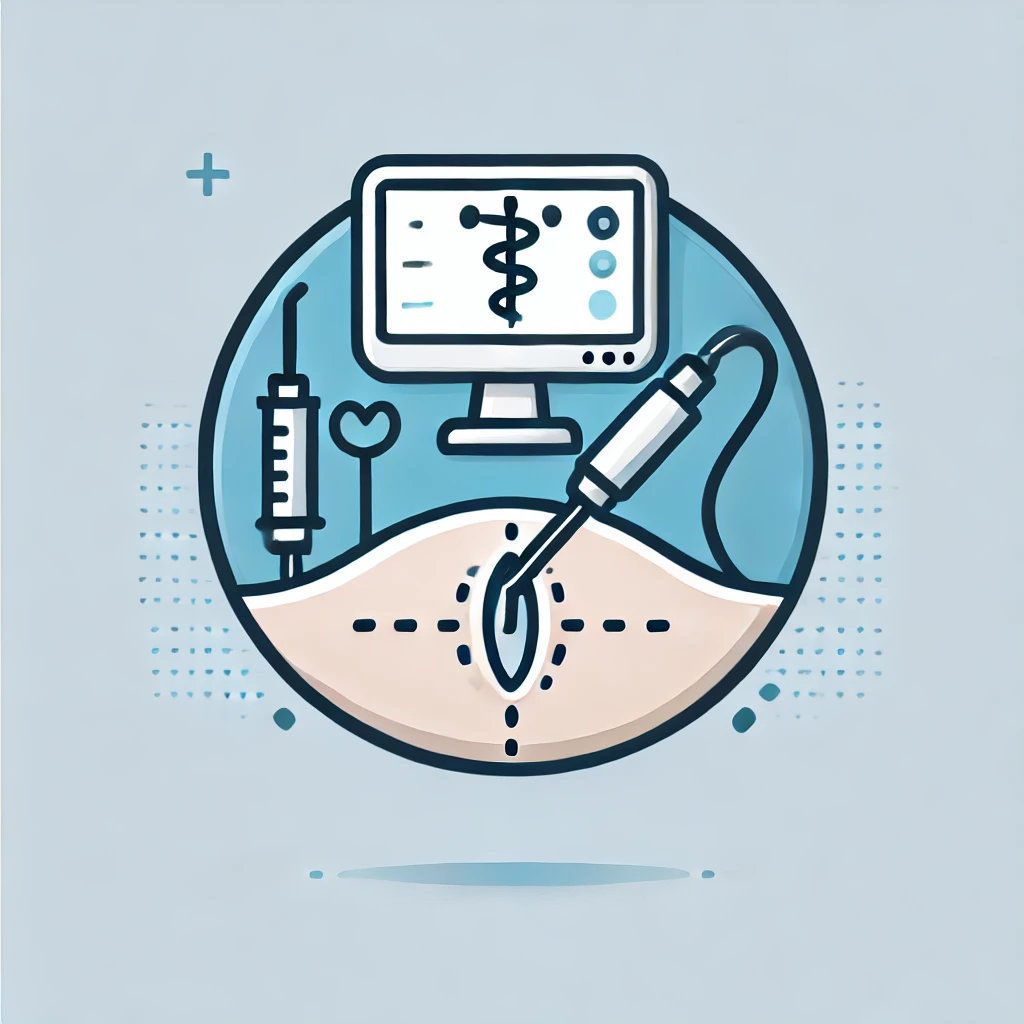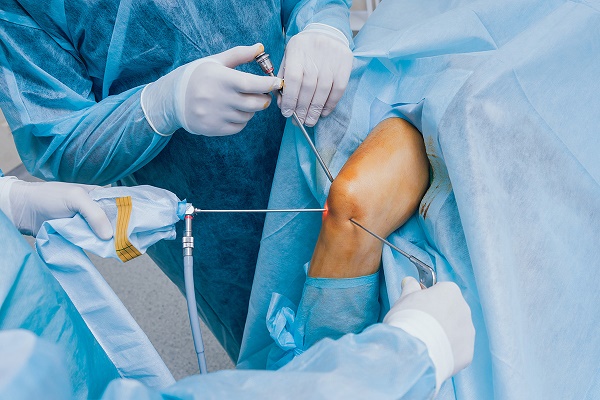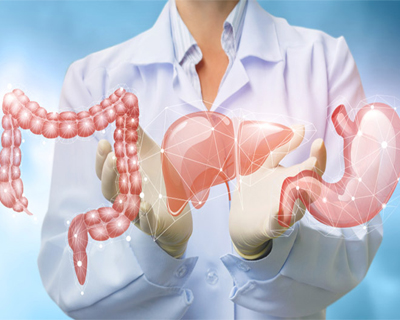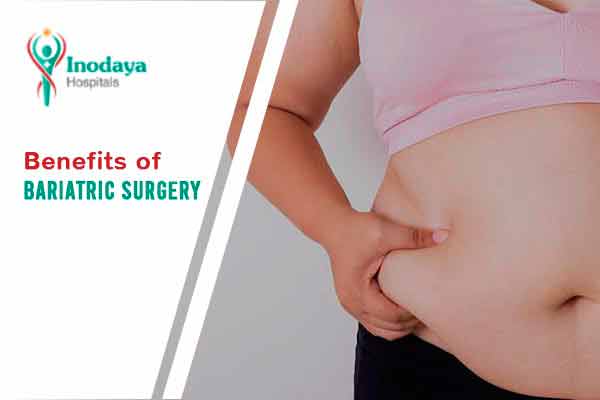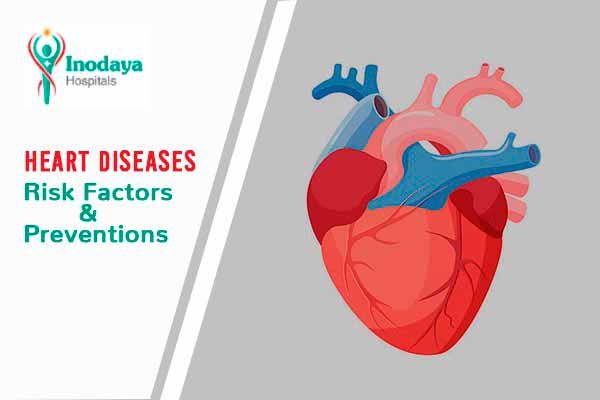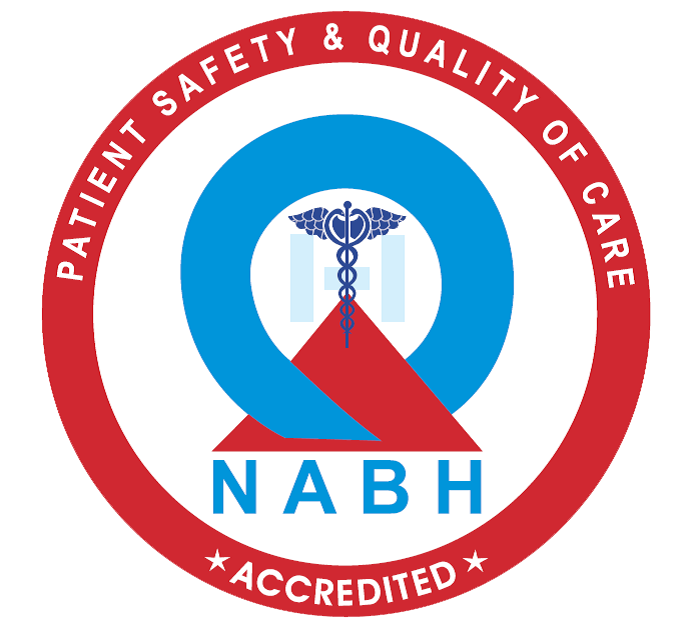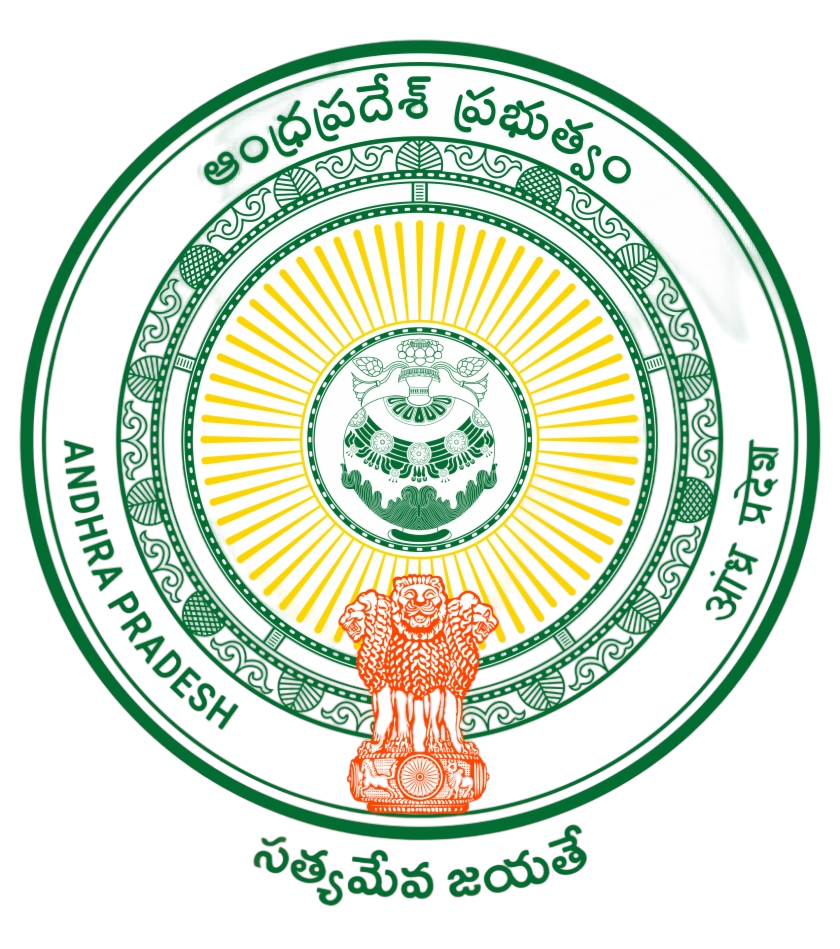Heart disease and stroke are the two most common leading causes of death across the globe. However, heart disease can be divided into two different categories, heart attacks, and strokes. They are both caused by blockage of blood flow to the brain oxygenating the blood, which causes an irregular heartbeat or stroke.
The heart attack symptoms include chest pain, shortness of breath, clammy skin, nausea, vomiting, sweating, and weakness. In addition, a stroke can cause problems with movement, sensation, speaking ability, and the ability to understand language.
Certain risk factors can lead to heart diseases, such as age, genetics, and gender, that are uncontrolled. Fortunately, many other risk factors are under control, and learning about them can help you understand how to prevent heart attack and stroke.
The best cardiovascular disease specialists in Kakinada explain the tips that help reduce your chances of getting heart disease.
1. Control Blood Pressure
High blood pressure is directly associated with cardiovascular diseases, heart attacks, and stroke. Therefore, always take your medicines as per the doctors’ prescription if you have high blood pressure, and it is essential to get your blood pressure checked regularly.
2. Manage your cholesterol and triglyceride levels
Cholesterol and triglycerides are the two most essential lipids for heart health. High cholesterol levels and triglycerides can clog the arteries and increase your risk of coronary artery diseases. So it’s crucial to consume a healthy diet and take medication if required to lower cholesterol.
3. Get regular exercise
We know that exercise is a crucial part of a healthy lifestyle. Regular exercise has many benefits, including strengthening your heart and improving blood circulation. It also helps lower cholesterol and blood pressure, all of which can lower your risk of heart disease and stroke.
4. Stay at a healthy weight
Being overweight and obese increases the risk of stroke and heart attack. An individual has a healthy body weight if their BMI falls within the range from 18-25. You can achieve optimal weight by eating healthy, physical exercise, and checking your BMI regularly.
5. Eat a healthy diet
Limit saturated fats and foods high in sodium. Including fresh fruits, vegetables, and whole grains in your diet reduces cholesterol levels and leads to improved digestion. Also, a nutritional diet and antioxidants provide essential vitamins and minerals for a healthy heart.
6. Limit alcohol
Drinking excess alcohol can raise blood pressure and add extra calories, which may cause weight gain and increase the risk of heart disease. However, studies found that people who drink no more than one drink per day reduced heart disease and stroke risk.
7. Manage stress
Stress has often been linked to heart diseases in many ways. Feeling depressed or upset for a longer period may align with medical conditions that make a person have heart disease or stroke. Try meditation, exercise, yoga, journaling, deep breathing, and mindfulness to reduce stress.
8. Manage diabetes
Having diabetes increases your risk of diabetic heart disease. Uncontrolled diabetes and high blood sugar can damage the arteries that carry blood to the heart, double the risk of heart disease. Therefore, it is essential to get tested for diabetes and to keep it under control.
9. Get enough sleep
The deprivation of sleep can increase the chances of obesity, high blood pressure, and diabetes. And, these conditions can further develop the risk of heart diseases. On average, an adult requires seven hours of sleep per night to ensure they have a healthy sleep cycle.
Now you might be aware of preventing heart disease and stroke. Take charge of your heart health. If you still need information on avoiding heart attacks and strokes, you can consult our top cardiologists in Kakinada and lead a healthy life. At Inodaya Hospitals, we provide cardiovascular services with a wide range of treatment options depending on the condition addressed.
